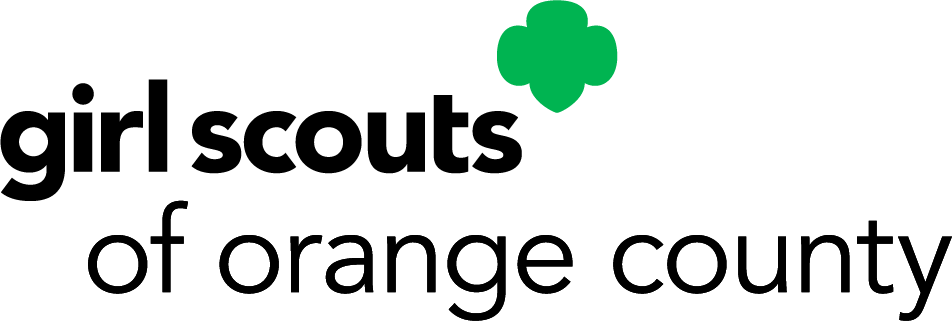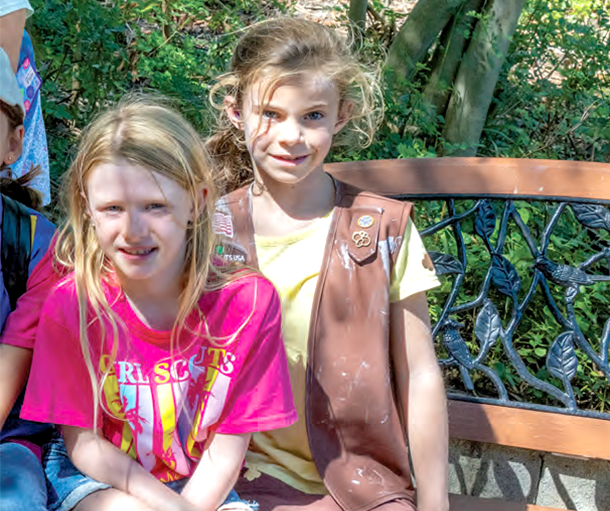
Hearing Loss Association of America: A unique Girl Scout troop breaks barriers for young girls with hearing loss
December 18, 2024
By: Janna Rovniak
Photos by: Craig Kobayashi
Hearing Loss Association of America

As humans, we are wired for connection. It is through connection that we find belonging, understanding and support, which are critical for emotional well-being. When you have hearing loss, it can be hard to connect with others, leaving you feeling isolated or misunderstood. This challenge is amplified in a hearing-centric world, where communication norms are built around those who can hear, so everyday social interactions can feel exhausting or even alienating.
This is why community among others who share similar lived experiences is essential. In communities, we find empathy and understanding—where frustrations, like struggling to hear in noisy environments and lighthearted moments, like saying, “My ear just died,” are fully understood. Shared lived experiences lead to the feeling of connection and belonging that is often hard to find in hearing-dominant spaces, for both adults and children.
Living in a hearing-centric or small town can make it hard to find a deaf and hard-of-hearing (DHH) community, especially for your children. Many kids are blended into mainstream classrooms, isolated from other students with similar conditions, and as a result, they often feel like they are the “only ones” at their school. There is no peer representation.
Creating Community for My Kids
As a woman with lifelong hearing loss, and the mother of two daughters with hearing loss, I searched high and low for an inclusive DHH community in Orange County, CA. I posted on Facebook parent groups, attended events centered around hearing loss, found park play dates and even tried creating some events. But nothing clicked and I was almost ready to give up.
Then a chance social media post led to an opportunity that profoundly and positively impacted all of our lives.
